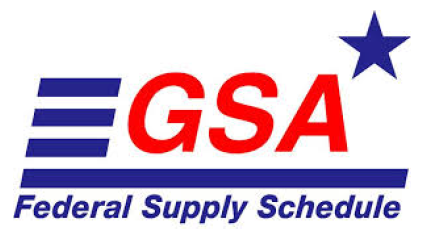Whether you sell products or offer services, the federal government can provide a wealth of potential opportunities for small businesses. Once you’ve familiarized yourself with the various rules and regulations that center around selling to the federal government, it’s time to learn how to bid on government contracts.
Knowing where to bid, how to submit proposals, and how to carry out those proposals will help the process run smoothly and put you on the road to growth and success.
Where Can I Find Appropriate Bid Opportunities?
Before you bid on government contracts, you must research where it’s worthwhile to spend your time and energy bidding. Take time to learn about the various agencies and departments to discover which ones are buying products or services in your particular niche. Whether your business sells vehicles or specializes in food service, there’s bound to be an agency that’s in need of your offerings. The Federal Business Opportunities website is a useful resource to find government procurement information.
Keep in mind what a department or agency’s specific goals and objectives are and make sure your product or service will help them achieve those results. In addition to this, research each departmental budget on the Office of Management and Budget website so you have a clear idea of what they plan to spend.
It’s particularly helpful to target your bidding efforts on agencies that still need to meet their quota of small business contracts. If an agency isn’t hitting that target number, the relationship could be mutually beneficial — bringing the small business a potentially lucrative government contract and helping the agency reach the number they’ve negotiated with the SBA.
Another useful tip? Understand what type of competition you’ll be facing and develop a strategy to edge them out.
The Proposal Process to Bid on Government Contracts
Before submitting a proposal, you’ll need to ensure that you’ve clearly defined what your company does in government terminology. You’ll need to complete your registration in the System for Award Management (SAM), as well as have a small business profile and compelling capability statement that will convince an agency that your company has a proven track record, is reliable, and can help them meet their objectives.
Before responding to any requests from agencies, it’s important to understand the difference between a Request for Quotation (RFQ) and a Request for Proposal (RFP). An RFQ is simply a request for a quote on how much a specific product or service will cost. An RFP typically applies to products and services that require higher levels of technical expertise and requires a detailed explanation of how the vendor’s offering will help the purchaser meet their objectives.
Before writing your proposal, carefully review the bid package, keeping in mind that once the process is initiated, it will potentially be a binding legal contract. As you craft your proposal, keep in mind that price will play heavily into the final choice made by any government agency. Be prepared to answer any questions and back up your responses with facts and figures during the negotiation process.
Helping You Navigate the System
Securing government contracts is a complex and lengthy process that requires extensive amounts of time and high levels of detail. Because of this, many small businesses rely on experienced consultants such as Government Contract Services to handle the process for them.
Not only can we handle the application process, we can help you identify potential government contracts for your business, as well as assist you in navigating the proposal and negotiation process. Once your contract is secured, we can help you understand how to remain in compliance with all regulations specific to vendors who do business with agencies in the federal government.
Contact Government Contract Services and let us use our expertise to help you grow your business by securing government contracts.




